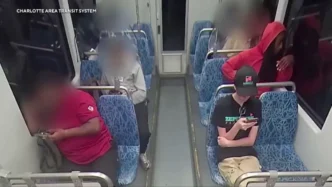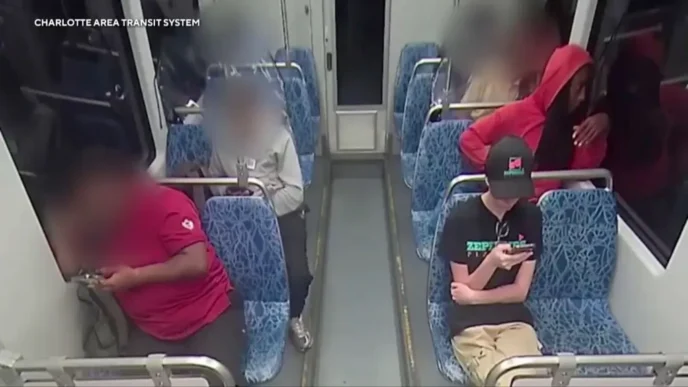Erick Ojeda, a fisherman from Maracaibo, Venezuela, finds himself in challenging circumstances as he struggles to make ends meet amidst the country’s ongoing economic crisis. Returning nearly empty-handed from a shrimp fishing expedition, Ojeda faces the pressing need to reach his sister and her newborn at the hospital, but transportation remains elusive. Meanwhile, he continues to assist fellow fishermen with their catch despite their shared difficulties. Venezuela’s longstanding crisis has entered a critical phase, significantly impacting citizens’ purchasing power and edging the nation toward recession. In response, President Nicolás Maduro declared an “economic emergency” last week.
Despite fatigue and hunger, the fishermen persevere, grateful for any income source they have in 2025. The country’s economic woes have deepened as oil revenues decline due to renewed sanctions against Maduro for electoral fraud. These challenges have left the government with limited options to address the situation effectively. Though Venezuela experienced a brief economic upswing post-pandemic, marked by a shift towards U.S. dollar transactions and the stabilization of the bolivar, these gains were largely concentrated in Caracas. Maracaibo, a key oil industry hub, saw little of this growth.
For years, Venezuelans have used the U.S. dollar as a stable economic measure against the backdrop of their currency’s volatility. Government efforts to manipulate the exchange rate involved cash reserves and foreign currency injections. However, the official rate has climbed significantly, leading many businesses to adopt the black market rate, making basic goods increasingly unaffordable. Experts predict inflation could reach 200%, exacerbating economic instability and unemployment.
In light of these challenges, the Maduro administration has sought emergency powers to implement economic measures, including suspending tax collections and promoting local production. Yet, many Venezuelans face uncertainty, with wages failing to keep pace with inflation, prompting some to consider migration despite restrictive U.S. immigration policies. Taxi drivers like Jonatan Urdaneta, once busy transporting migrants to Colombia, now find themselves with dwindling prospects.
The Bottom Line
The economic challenges in Venezuela have significant implications for its citizens, impacting daily life and future prospects. As the crisis deepens, with rising inflation and unemployment, Venezuelans are compelled to adjust their lifestyles and spending habits drastically. The disparity between official and black market exchange rates further complicates access to affordable goods, affecting both formal and informal sectors.
On a community level, the ongoing crisis has strained local businesses, limiting job opportunities and potentially driving a wedge between economic growth in urban and rural areas. Additionally, the reliance on the black market for currency exchange underscores the uncertainty and instability that Venezuelans face. The government’s measures to curb economic decline, such as tax suspensions and import substitution, highlight the broader challenges of navigating an economy heavily influenced by external factors and historical policies.












